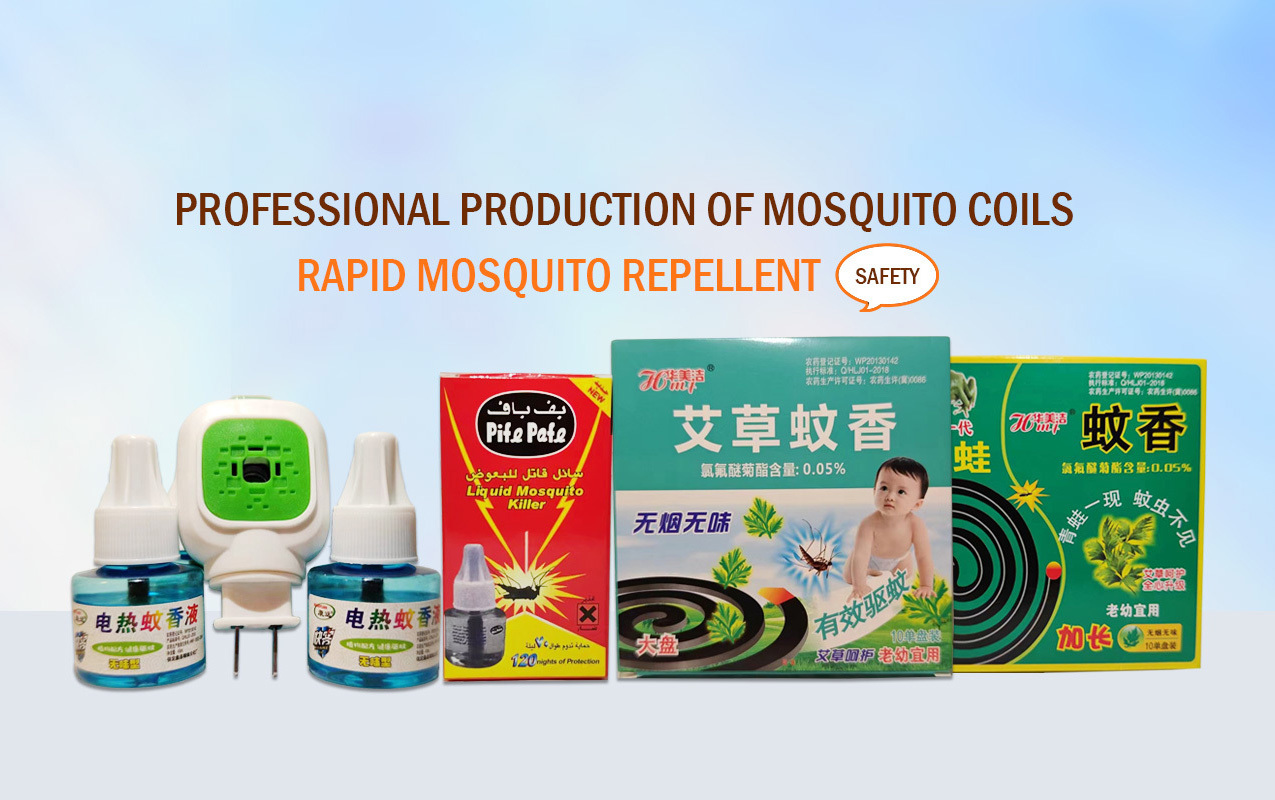Effective Insecticides for Mosquito Control: A Comprehensive Guide
2025-06-04

Mosquitoes are notorious vectors for a variety of diseases, making their control a critical aspect of agricultural practices and public health initiatives. Selecting the right insecticide for mosquitoes is essential for effective management, and understanding the various options available can significantly impact your pest control strategies.
Insecticides designed for mosquitoes typically fall into several categories: pyrethroids, organophosphates, and microbial insecticides. Pyrethroids, derived from natural pyrethrins found in chrysanthemum flowers, are highly effective and popular due to their rapid knockdown properties. They work by disrupting the nervous system of the insect, leading to paralysis and death. However, it is essential to apply them judiciously to avoid developing resistance in mosquito populations.
Organophosphates, another class of insecticides, act by inhibiting the enzyme acetylcholinesterase, which is vital for nerve function in insects. While these products can be very effective, they require careful handling and application due to their potential toxicity to non-target organisms, including beneficial insects and other wildlife.
Microbial insecticides, such as those containing Bacillus thuringiensis israelensis (Bti), offer an environmentally friendly alternative for mosquito control. Bti is a naturally occurring bacterium that targets mosquito larvae in water. When ingested by larvae, it produces toxins that are lethal to them, making it a valuable tool in integrated pest management strategies. This option is particularly beneficial for those looking to minimize chemical use and focus on sustainable practices.
When choosing an insecticide for mosquitoes, consider factors such as the life cycle of the mosquito species targeted, the application environment, and the potential impact on non-target organisms. Effective mosquito control often requires a combination of strategies, including habitat reduction, biological control methods, and the responsible application of insecticides.
Moreover, timing is critical in mosquito management. Adult mosquitoes are often most active during dawn and dusk, and applying insecticides during these periods can enhance their efficacy. Additionally, using a targeted approach—focusing on breeding sites such as stagnant water—can help reduce overall mosquito populations.
Finally, staying informed about local regulations and guidelines regarding insecticide use is crucial. Proper training in application techniques is also recommended to ensure safety and effectiveness.
In conclusion, selecting the right insecticide for mosquitoes involves understanding the various available options and their respective benefits and drawbacks. By implementing a comprehensive pest management plan that integrates insecticides with other control methods, agricultural professionals can effectively reduce mosquito populations and protect both crops and public health.
Insecticides designed for mosquitoes typically fall into several categories: pyrethroids, organophosphates, and microbial insecticides. Pyrethroids, derived from natural pyrethrins found in chrysanthemum flowers, are highly effective and popular due to their rapid knockdown properties. They work by disrupting the nervous system of the insect, leading to paralysis and death. However, it is essential to apply them judiciously to avoid developing resistance in mosquito populations.
Organophosphates, another class of insecticides, act by inhibiting the enzyme acetylcholinesterase, which is vital for nerve function in insects. While these products can be very effective, they require careful handling and application due to their potential toxicity to non-target organisms, including beneficial insects and other wildlife.
Microbial insecticides, such as those containing Bacillus thuringiensis israelensis (Bti), offer an environmentally friendly alternative for mosquito control. Bti is a naturally occurring bacterium that targets mosquito larvae in water. When ingested by larvae, it produces toxins that are lethal to them, making it a valuable tool in integrated pest management strategies. This option is particularly beneficial for those looking to minimize chemical use and focus on sustainable practices.
When choosing an insecticide for mosquitoes, consider factors such as the life cycle of the mosquito species targeted, the application environment, and the potential impact on non-target organisms. Effective mosquito control often requires a combination of strategies, including habitat reduction, biological control methods, and the responsible application of insecticides.
Moreover, timing is critical in mosquito management. Adult mosquitoes are often most active during dawn and dusk, and applying insecticides during these periods can enhance their efficacy. Additionally, using a targeted approach—focusing on breeding sites such as stagnant water—can help reduce overall mosquito populations.
Finally, staying informed about local regulations and guidelines regarding insecticide use is crucial. Proper training in application techniques is also recommended to ensure safety and effectiveness.
In conclusion, selecting the right insecticide for mosquitoes involves understanding the various available options and their respective benefits and drawbacks. By implementing a comprehensive pest management plan that integrates insecticides with other control methods, agricultural professionals can effectively reduce mosquito populations and protect both crops and public health.
Recommend News
Contact Us
Leave Us A Message


